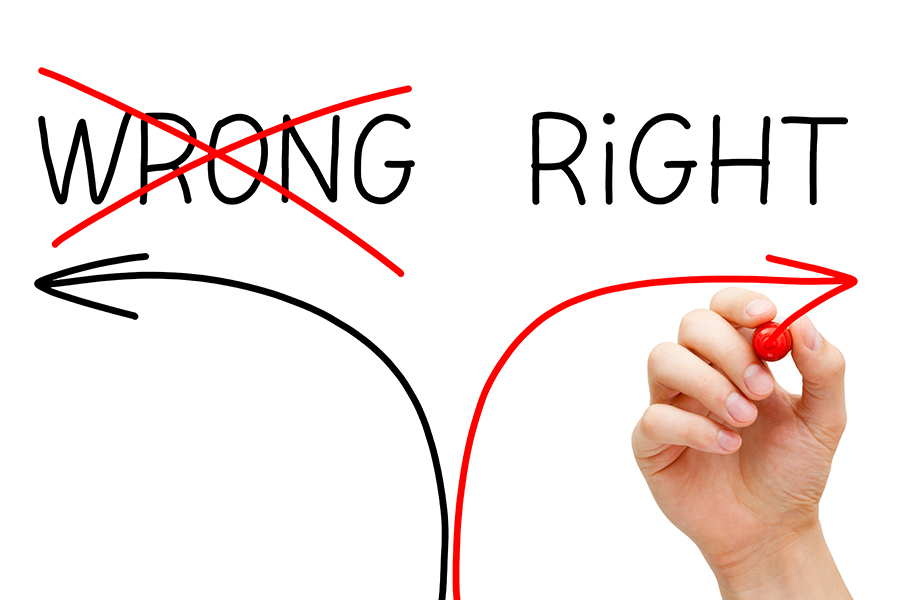Sonia Theodoro da Silva - Bachelor in Philosophy (São Paulo - SP)
The word autonomy comes from the Greek autonomous, from autos, "himself", and nomos, "law", "who governs itself by its own laws." The philosopher Immanuel Kant says that autonomy is to be "citizen and legislator" simultaneously.
Autonomy is the self determinat ion ability. Any agent can only be considered autonomous when one’s actions are truly one’s and not motivated by external influences or factors. Kant then found that the will also have the ability to put itself in accordance with its own law, which is the law of reason. In this sense, the opposite of autonomy is heteronomy, in which the will is dictated by the objects of desire and no longer by reason.
According to the Spirit’s Book, the Spirit, created simple and ignorant, the infinite traveller according to Plotinus, experiences evolutionary stages in which it goes assimilating impressions and developing all the elements that make up its nature. The consciousness will bloom over time positioning itself according to the divine laws that lie in the depths of its Being. The journey of the Spirit, therefore, is in this development with the natural conquest of the responsibilities that belong to the Spirit. Will and free are the drivers of this process.
Reincarnation and life in realms of physical and extra physical dimensions (physical here means the molecular consistency of dense matter) will provide the necessary experience that is needed for the definitive acquisition of the Spirit’s own development.
Having yet to consider the freedom inherent to the individual, manifested according to the individual’s integration into the societies in which the being is conducted to live: the sociological freedom, related to the individual’s autonomy before society, with guarantees of civil or political liberty; the psychological freedom, in which the individual feels like "ones own master"; and the moral freedom, as the capacity that the individual has of deciding to act according to reason without being dominated by the impulses and the spontaneous inclinations of sensitivity.
Spiritism emphasizes the powers of the third freedom, mentioned above, as the driver of the gradual awakening of consciousness, which gives the Spirit the right conditions for the necessary, essential and eternal ascent to
even higher evolutionary patterns.
When the Spirit stagnates in the illusions of matter, the mechanisms of this awakening start to appear, and then the pains, the sufferings of greater or lesser intensity will take care of making the Spirit resume its walk.
If our model is Jesus of Nazareth, as confirmed by the higher spirits to Allan Kardec, let us follow his examples, his teachings, his virtues, his life.
There is no other way – we live moments of moral transition; we bring within ourselves the atavisms of the ancient past with the predominance of the stored conflicts that require a revision. Therefore there is nothing to complain about as the current dramas have been planted by society in 6,000 years of civilization, with less than 100 years of peace. It is for us today to live the spiritual-Christian life, as hundreds already do, planting new seeds of compassion and brotherhood so that our near or distant future brings us the so desired kingdom of heaven in our consciousness.
Published in The Journal of Psychological Studies - Year VII l Issue N° 34 l May and June l 2014
Translation: M. Novelli/ C. Zanesco
Revision: Sonia Theodoro da Silva
